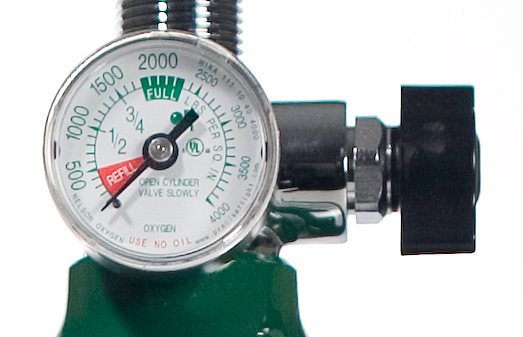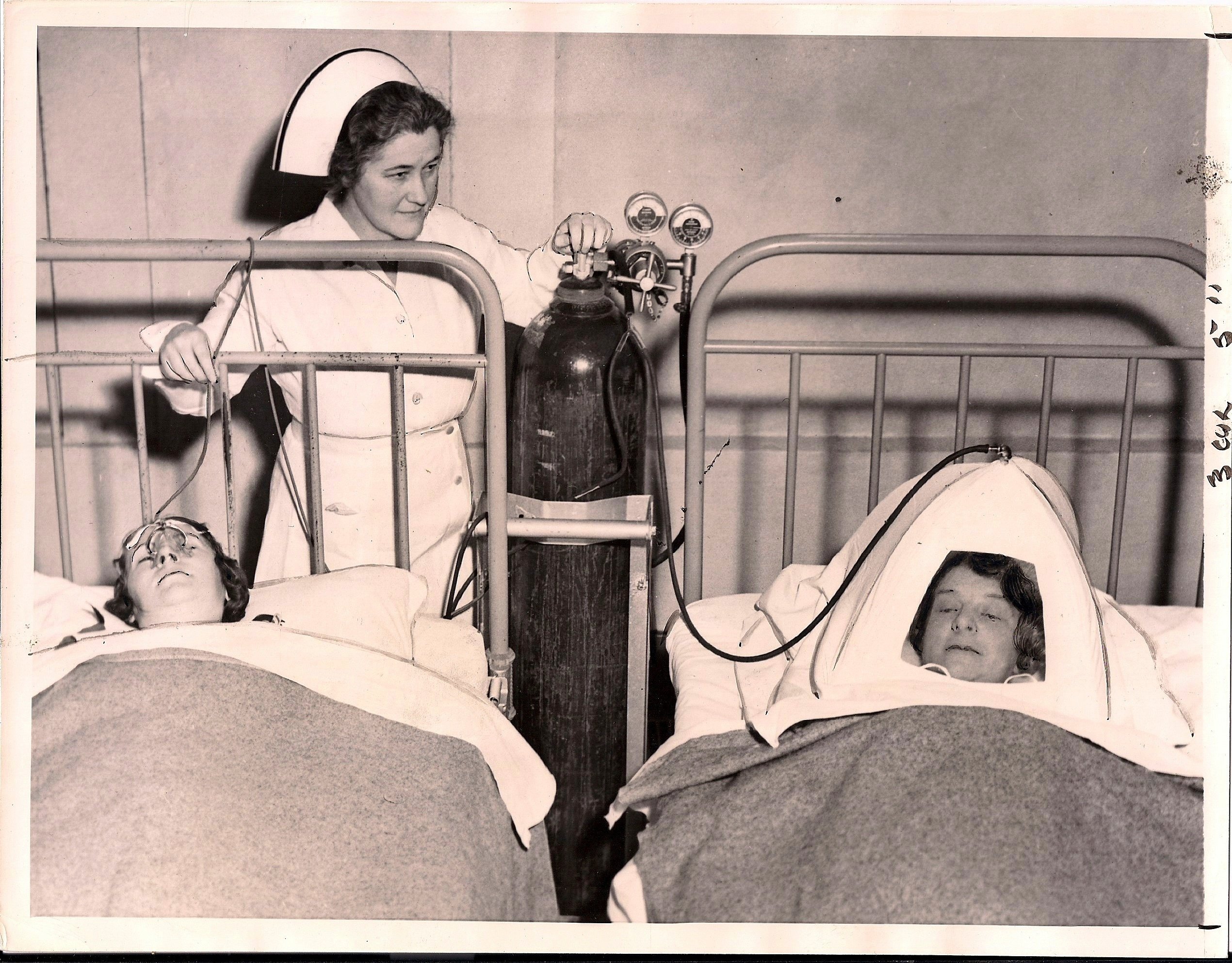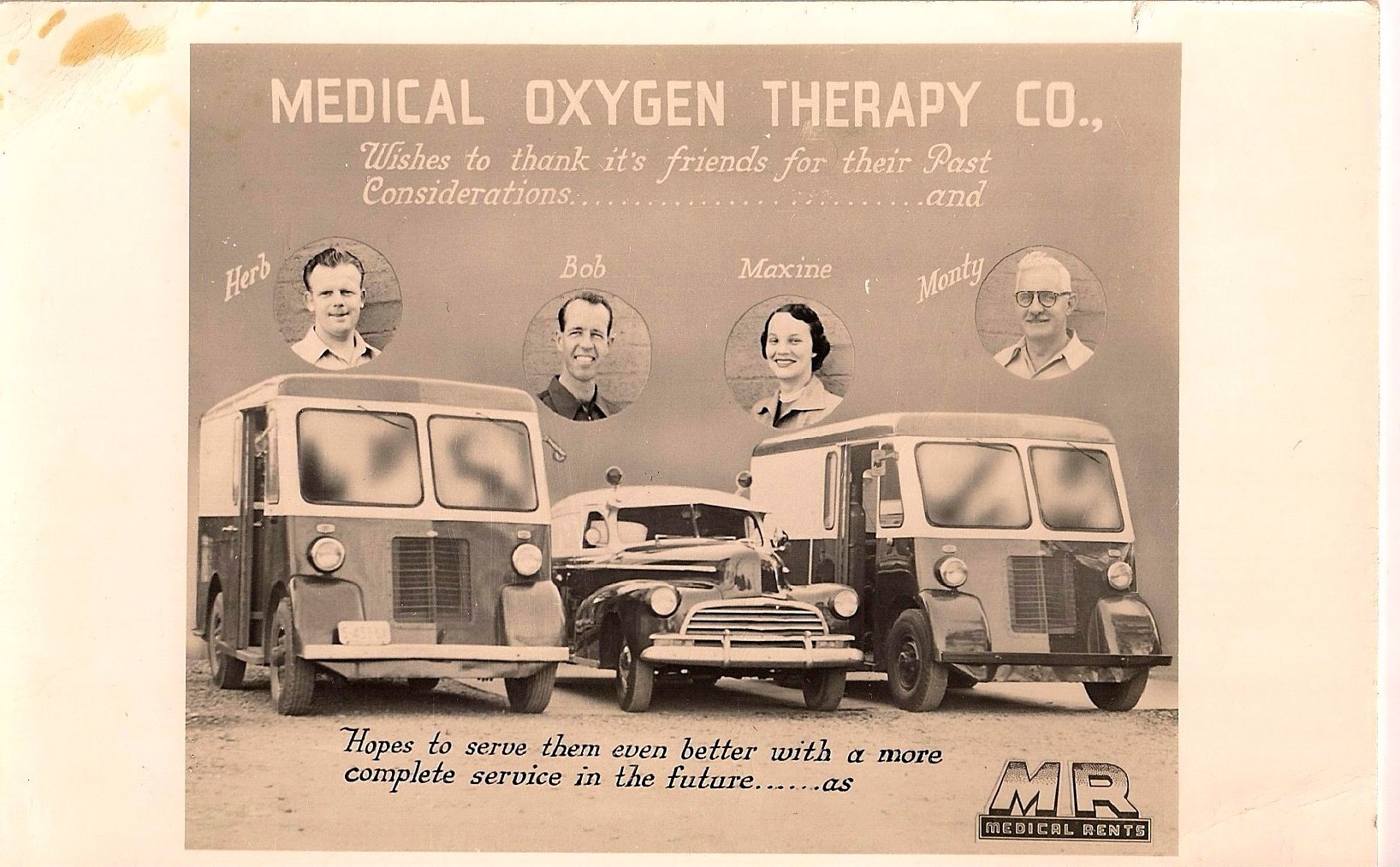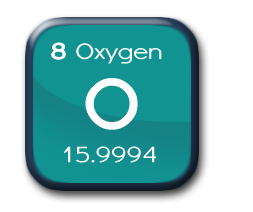Last month, we looked at fire safety in the DME industry. Safe oxygen storage and fire prevention/safety were mentioned, but not in the detail a subject so important deserves and requires. Handling, providing, storing, processing, and manufacturing oxygen comes with its own unique set of potential hazards and therefore its own set of guidelines and safety measures.
HQAA Blog
Many in the home medical equipment industry equate policy manuals to their accreditation inspections. And of course, these bulky tomes are certainly a large part of the accreditation and survey experience for every DME. Policy manuals serve as the road map for how work gets done within an organization, a set of rules for the organization, and the document that defines the structure, function, and philosophy of the organization. Let’s look at what a policy manual should contain and how it impacts not only accreditation, but also the overall day-to-day operation of an organization.
Topics: Employee Training, HIPAA, Security, Personnel Files, Quality Improvement, Billing, Renewing Accreditation, Quality Standards, HQAA Accreditation, HME Accreditation Requirements, Patient File Requirements, Compliance, Patient Privacy, Clinical Practice Guidelines, Materials Management, Avoiding Deficiencies, CMS, Complaint Process, Quality Care, Showroom, Retail, Delivery, Clinical Respiratory Services, Oxygen, Warehouse, Safety Officer, Competence, Customer Service, Disaster Preparedness, Emergencies, Business Practices, Marketing
New employees who apply and secure jobs with durable medical equipment companies are often surprised to find out that they are being offered vaccinations to protect them against Hepatitis B. In fact, some new employees find it unsettling to learn that their new job offers this “benefit” because of increased exposure risk to this dreaded but somewhat misunderstood disease. Let’s dispel some myths and lay out the basic facts about the disease, its prevention, and why healthcare workers are being offered this vaccination.
Topics: Employee Training, Personnel Files, Clinical Practice Guidelines, Delivery, Business Practices
A cousin of mine just passed away a few months ago after a long illness. He was fortunate to be able to spend his last few weeks at home with the family and friends he loved around him, either looking out the window at his beautiful backyard or some days, on the back porch. “Fortunate” is a relative word: he was in his early 50’s and should have lived a lot longer. On the other hand, after weeks in hospitals and long term acute care (LTAC) facilities, he (and his family) were grateful that he was able to spend his last days at home. During those last weeks, he tapped into the durable medical equipment industry more than most people do in a lifetime.
Topics: Quality Care, Delivery, Oxygen, Customer Service
Mathematician and author Vernor Vinge popularized (and named) the notion that technological change grows exponentially. He called the phenomenon “exponentially accelerating change” and wrote both scientific articles and popular culture fiction about the concept. We have all heard statistics thrown around; such as the fact that your child’s IPOD has more capability than the computer on the Apollo mission that landed on the moon in 1969. Or that we’ve developed more technology in the last 25 years than in the previous 10,000 years.
Topics: Quality, Employee Training, HIPAA, Personnel Files, Quality Improvement, Billing, Quality Standards, Patient File Requirements, Compliance, Patient Privacy, Process Improvement, Materials Management, Avoiding Deficiencies, Showroom, Retail, Delivery, Warehouse, Safety Officer
Delivery Vehicles & Accreditation: Everything You Need to Know
Fed Ex, UPS, and the US Postal Service have consistent, easily identifiable, and even iconic delivery vehicles. Pizza delivery vehicles often sport magnetic signs and/or rooftop billboards identifying the vehicle as part of their organization. And who hasn’t seen an Edible Arrangements truck cruising down the highway? This “branding” serves several useful purposes including marketing an organization. Delivery vehicles have been part of home medical equipment services since the inception of the industry. Be it a large truck from an industrial gas company, a cargo van, open pickup truck, or even a small, gas efficient compact car, delivery vehicles are an integral part of any DME organization.
Topics: HQAA Accreditation, HME Accreditation Requirements, Compliance, Delivery
It might surprise some readers to learn that there are enough rules and regulations, quirks and nuances, and potential problems to devote an entire blog article to a topic limited to “oxygen orders”. The fact is that oxygen orders are a complex enough issue to devote an article to, and more importantly, for your company to devote resources including training time --toward the goal of compliance.
Topics: Employee Training, HME Accreditation Requirements, Compliance, Clinical Practice Guidelines, Delivery, Oxygen
“Ride Alongs:” A Useful Tool for Your Company
“Ride alongs” are home visits that are performed with a new orientee or current staff member where an evaluator rides along to teach and observe the staff member performing the visit. These visits are typically done during orientation/training and on an on-going basis for competency assessment. These visits ensure that all of job-related tasks are being performed in a correct manner while the staff member is unsupervised in the field.
Topics: HIPAA, Quality Standards, HME Accreditation Requirements, Patient Privacy, Quality Care, Delivery, Competence
3 Keys to an HME Accreditation-Compliant Delivery Vehicle
How do you ensure your delivery vehicle is roadworthy, safe and prepared for your daily delivery and pick-up activities?
You keep in mind the three keys to an HME accreditation-compliant delivery vehicle: safety, maintenance and security.
Topics: HME Accreditation Requirements, Compliance, Delivery











